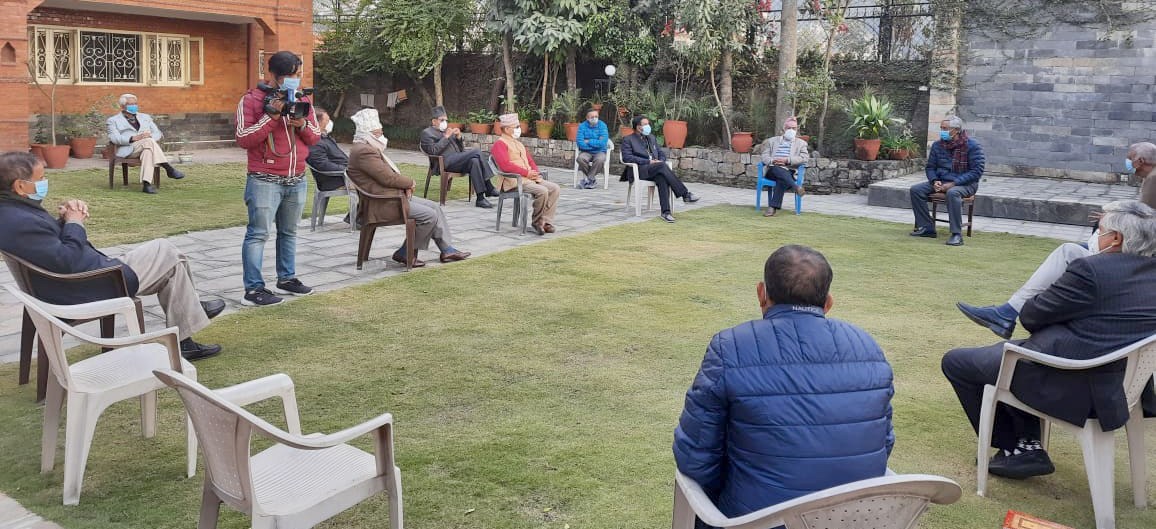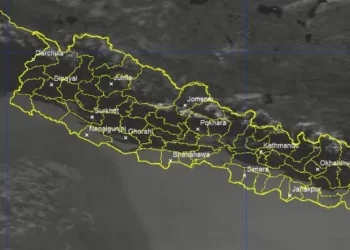KATHMANDU: Amid growing concerns about the performance of the coalition government formed by the Nepali Congress and the UML on June 24, 2024, the Nepali Congress has issued a seven-point directive to its ministers in an effort to enhance governance and streamline operations.
The directives were presented during a meeting of the Parliamentary Working Committee held at the residence of Nepali Congress President Sher Bahadur Deuba in Budhanilkantha on Thursday.
The meeting included discussions on an ordinance introduced by President Deuba and General Secretary Gagan Kumar Thapa, aimed at addressing the government’s challenges and improving its functionality.
Sports Minister Tejulal Chaudhary, who spoke after the meeting, confirmed that the directive emphasized the need for ministers to take proactive measures to make the government more effective.
“President Deuba instructed the ministers to work effectively, following the spirit of the coalition agreement, and take proactive steps in addressing the country’s issues,” Minister Chaudhary said.
The seven-point directive calls on ministers to engage more actively in the functioning of the government and to hold regular discussions on key national issues.
Ministers have also been urged to expedite the finalization of pending bills in various parliamentary committees and speed up the completion of physical projects and programs under their respective ministries.
Additionally, the directive emphasizes the need for ministers to address stalled development plans by taking necessary steps to resolve financial or procedural delays.
Ministers are encouraged to hold open meetings twice a week to listen to citizens’ complaints and suggestions, dedicating the remaining five days of the week solely to ministry-related work.
The Parliamentary Party Working Committee and the ministers have also been instructed to coordinate with lawmakers and address their concerns and expectations through ongoing discussions.
Furthermore, ministers are expected to visit the central office once a month to receive complaints and suggestions from citizens, particularly those conveyed through local committees at the provincial, district, and regional levels.









Comment